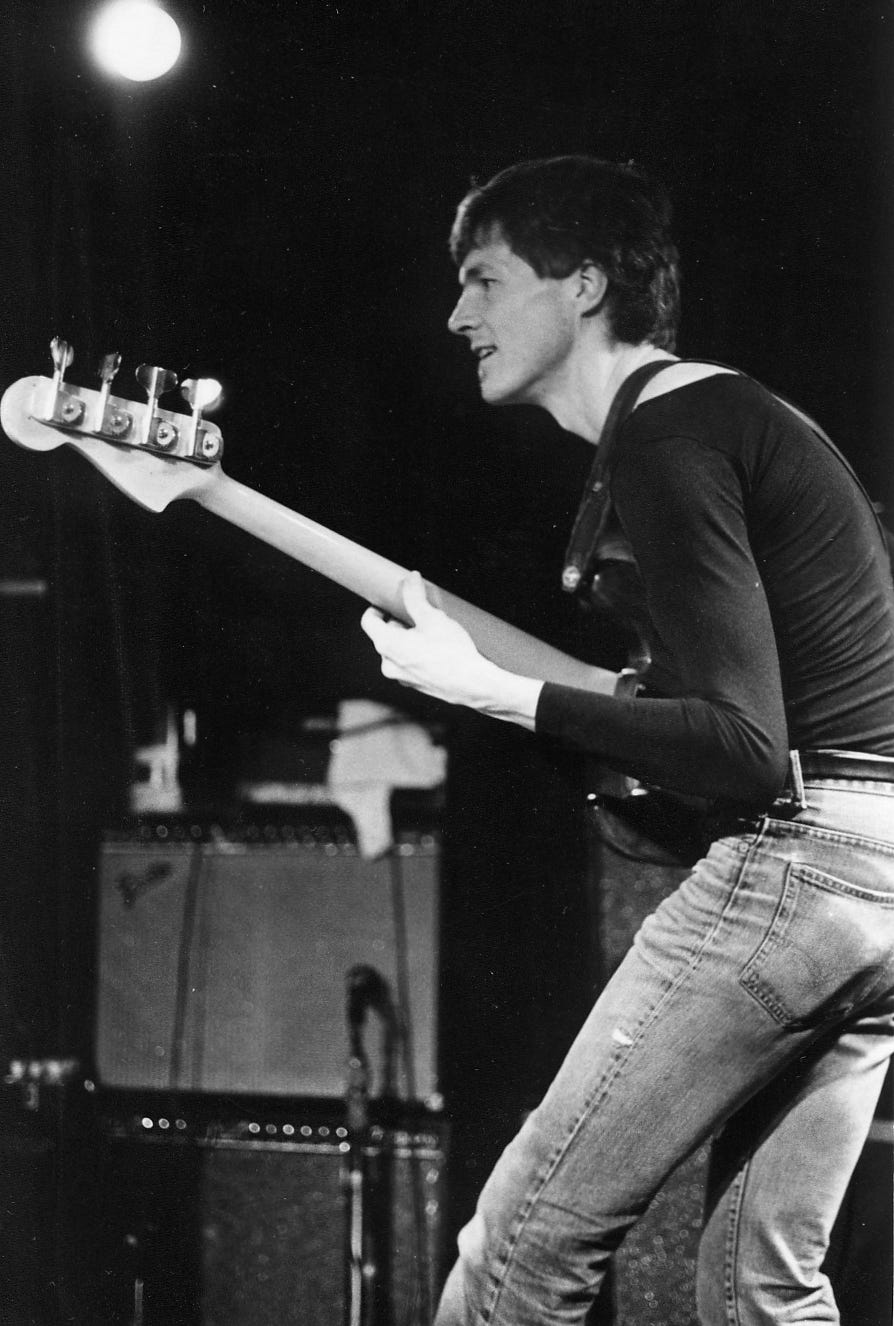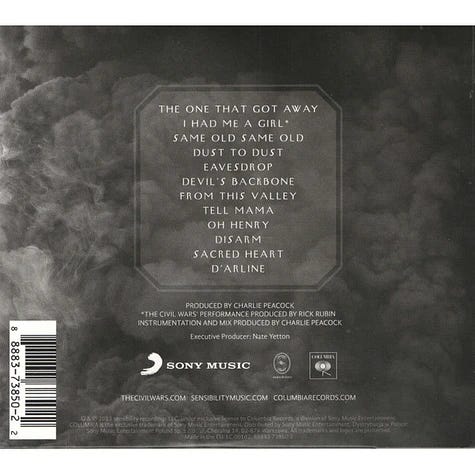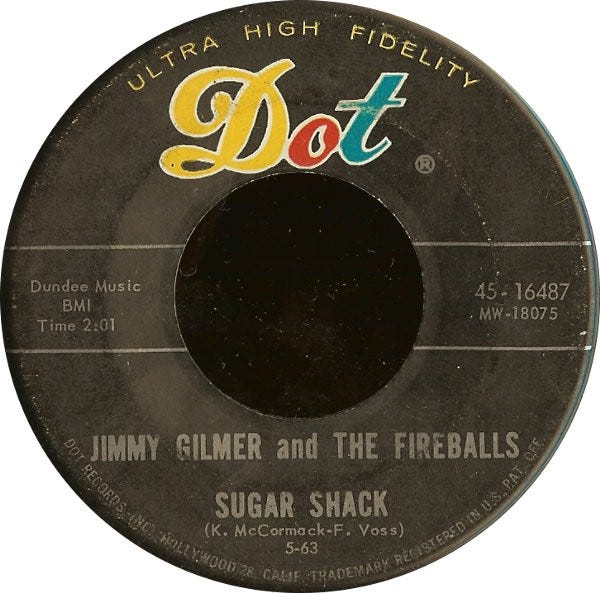Robbed in NYC, Pizza Left at Scene
Or, how I tested negative for late-onset writer's condemnation and regret disorder
I think I might have a mild case of late-onset writer's condemnation and regret disorder related to Roots & Rhythm—and the book is not even out yet.
My problem is remembering more stories and people, saying to myself, "Ah, shoulda put that/them in the book."
My unsentimental, unemotional reaction?
No. No, you shouldn't have.
Writers, please tell me this happens to you, too. I don't remember this happening with my other books.
I must keep reminding myself that I wrote an ancestral and musical memoir with themes and story arcs.
Not autobiography or encyclopedia.
I had excellent writer-editors work on the manuscript with me: Elisa Stanford, Sharifa Stevens, and Lisa Ann Cockrel (as well the watchful eye of my daughter Molly Nicholas in various stages)—and the shepherding of my agent, Don Pape.
Rhythm & Roots is the book it organically evolved into. And, I would say now—needed to be. And it's stuffed with musical stories of people, places, and circumstances you would expect in a book written by a musician.
Still, I woke up this morning to hear about a UK band that just played in San Francisco and was robbed at gunpoint.
So, in this order, I thought: Wow, that's horrible. And then, "Oh man, I forgot about being robbed. That's right, the van was broken into the first time I played NYC in 1984. I remember how Erik, the bass player, tried to lighten the mood by reporting that the robbers did not steal the day-old pizza he had kept under the back bench seat. Winter in New York ensured the pizza's refrigeration. Ah, shoulda put that in the book."
No. And so it goes, one anecdote after another, now deciding to emerge like a hatch of mayflies in my brain right when the book is about to debut on 02.04.25.
Note to self: You know very well you cannot put a lifetime of memories into a single work of art or literature. Yep.
Bassist Erik Kleven stalks stage in search of cold pizza and interesting bass substitutions
I find my advance reader copy of the book and thumb through it. Okay, okay. Test came back negative. I don’t have the disorder. There's no robbery or day-old pizza, but there's all manner of story and detail in Roots & Rhythm (imagine me wiping my brow in relief). For example:
In October 1965, The Byrds took Pete’s song “Turn! Turn! Turn!” to the No. 1 spot on the Billboard singles chart. “To everything (turn, turn, turn),” they sang. “There is a season (turn, turn, turn), and a time to every purpose, under heaven.” Within three years, The Byrds were effectively broken up; all but one of the original members had quit, or in the case of David Crosby, been fired. As Ecclesiastes 3:20 asserts, “All go to the same place; all come from dust, and to dust all return.” On October 7, 2013, Columbia Records released a third and final single from The Civil Wars, “Dust to Dust.”
When we arrived in Nashville, I’d already met or corresponded with a handful of Nashvillians. I’d met the session drummer Steve Brewster in Germany in 1988 on a shared concert bill. Peter York, A&R (artists and repertoire) director at Sparrow Records, had hired me in the fall of 1988 to produce a record for Margaret Becker (Immigrant’s Daughter). I’d spent a week at Peter’s Nashville home in the early spring of ’89 while I cut vocals on Margaret at the Gold Mine with engineer Bill Deaton. Publishing executive Jimmy Gilmer, I knew from CBS Songs, my music publisher at the time. Jimmy, apart from running the Nashville office, was known for singing a classic pop smash from the 1960s, “Sugar Shack,” by Jimmy Gilmer and the Fireballs. Nashville music executive Mike Blanton had befriended me over the phone in 1988, and it wasn’t long before I bumped into Mike’s number-one artist, Amy Grant, and her crew of musicians. One of her crew in particular would go on to play a significant role in my production career: guitarist Jerry McPherson. Jerry and I first met outside Boston at Dan Russell’s NewSound music festival on June 25 of 1988. We reconnected six weeks later at the Greenbelt Music Festival at Castle Ashby in Northhampton, England. We’ve been friends and collaborators ever since.
Guitarist Jerry McPherson demonstrating inventively absurd multi-capo approach to studio session work
My favorite book of Steve Turner’s, though, is Jack Kerouac: Angelheaded Hipster. According to Steve, “Jack Kerouac was essentially a writer with spiritual preoccupations: Waiting for God to show his face.” Kerouac’s buddy Allen Ginsberg told Steve, “I think that spirituality was our primary thing . . . we all had some kind of visionary experience that pushed us out of the notion of art as just some career or commerce.”
Spiritual preoccupations. Visionary experiences. Art as more than just a career or commerce. Check. This bit here says so much of how I learned to define artistry. It has evolved and matured. But certainly, this is the foundation.
Author Steve Turner, actress Patricia Heaton, and scholar/writer Steven Garber at our home, The Art House. The trio ponder whether Jack Kerouac was actually a positive influence on me or not. Patty appears optimistic.
Thank you for attending my therapy session. I feel so much better! Roots & Rhythm has just the right amount of anecdotes and memories (like these I've highlighted and a thousand more).
Repeat affirmation: Roots & Rhythm is an ancestral and musical memoir full of stories from a life in music. Very good. Now, (thought bubble outside my head) eat lunch and drink some water. Prepare for nap.
NOTE: Parnassus Books in Nashville will be hosting the book launch for Roots & Rhythm on February, 4th, 2025. Please mark your calendars for an evening of reading, Q&A, special guests, and signed books for all. Tickets will be avail on the Parnassus events website soon and I will announce here via the newsletter. Preorders are avail now everywhere.
Final word to those still reading: Pizza is mentioned in the book. It involves a Sacramento band and Phil Spector. You’ll have to read the book to get more than that!











This reminds me of the John Gorka song Grand Larceny. Why is it we find other people's tragedy humerous in hindsight??
I often wonder if people write sequels to their autobiographies - "There's More to the Story," "Wait, I Forgot to Say This," "I'd Like to Thank Everyone I Forgot to Mention...". I have no clue how one thing, be it a song, book, article, or canvas, could hold it all. Not that I have any right to offer you advice, Charlie, but perhaps you can work it out on the piano. I'd want to hear it. :) Merry Christmas - and Happy Writing in the New Year!